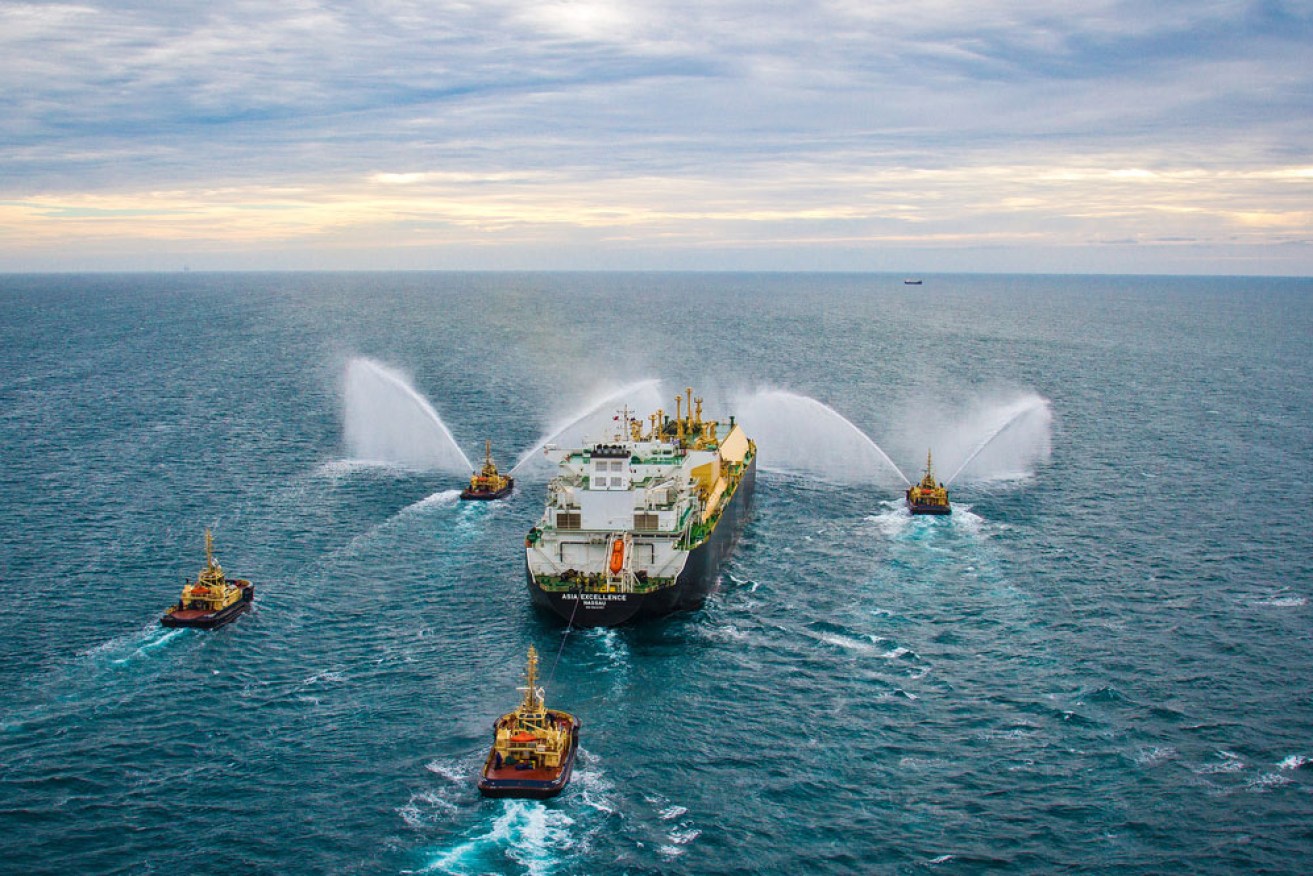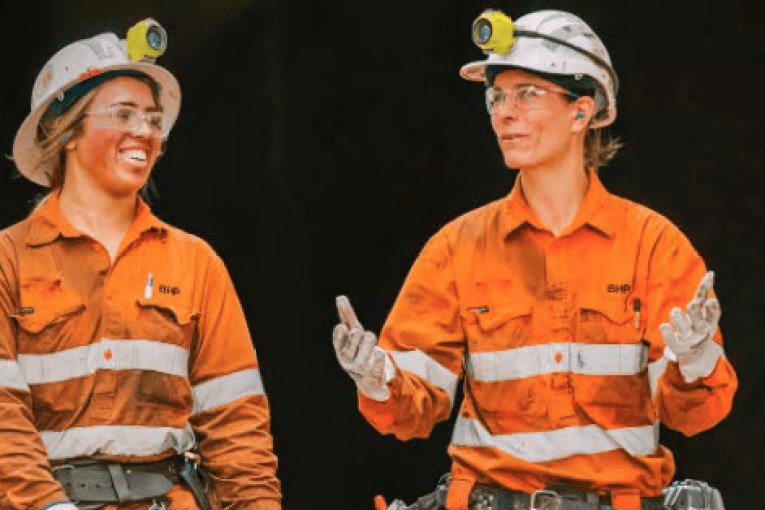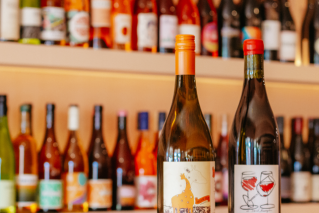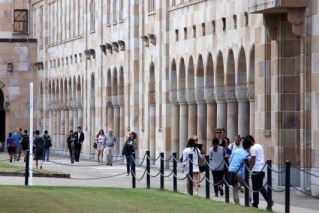ACCC boss slams ‘stunning failures’ to make our gas cheaper
The gas industry has been accused of stunning failures in market reform which has led to overseas buyers of Australian gas paying less than domestic users.


Australians are paying more than the export parity price
Australian Competition and Consumer Commission chair Rod Sims said that despite gas prices falling significantly over the past year, prices were still higher than export parity and the risk of an east coast supply shortfall remained.
The export parity price is the price paid by an overseas buyer of LNG with the costs of liquefying and shipping the gas subtracted.
His criticism follows years of urging the gas industry to reform, but was countered by APPEA which said prices in the first half of last year were on average the lowest level since the second half of 2016.
“Stronger measures need to be taken so businesses and households are not paying more for gas than would be expected in a well-functioning market,” Sims said.
“Our gas inquiry continues to find the gas market is not a functional, competitive market,” Sims said.
“We can see no end to the increasingly complex and difficult environment we are in, unless LNG producers and other gas suppliers, pipeline operators and governments all work together.”
He said the voluntary Gas Code of Conduct, which is intended to even the playing field between gas suppliers and buyers, had been essentially ignored by the industry.
“The failure by industry to present a substantially progressed voluntary Gas Code by the government’s deadline of February this year is unacceptable; stunningly gas users have yet to even see a copy of the code,” Sims said.
“It is fundamental that the code provides clear and meaningful obligations on gas suppliers, and offers clarity and certainty to users. Independent and detailed governance and dispute resolution arrangements are also key for it to be effective,” Sims said.
He said the long-term supply outlook showed there was a risk of a shortfall for southern states as early as 2024, and the east coast market as a whole in 2026 and beyond. New sources of supply and related infrastructure will be required to avoid a potential shortfall.
“Adding to this problem is the limited degree of competition at the producer and retailer level, which results in higher prices and a reduction in competitive outcomes for commercial and industrial users.”
APPEA chief executive Andrew McConville said in the face of the COVID-19 pandemic and challenging market conditions the oil and gas industry has continued to provide reliable and secure supplies of gas to the east coast domestic market.
“In fact, ACCC’s Gas Market Inquiry Interim Report in January confirmed that domestic gas prices have continued to decline throughout 2020.*
“According to the ACCC there have been substantial reductions in prices offered and agreed under gas supply agreements for 2021 supply.**
“Work on the voluntary Code only began in October and substantial progress has been made, as the ACCC itself has consistently noted, more gas and more gas suppliers is the best way to ensure competitive gas prices.”












